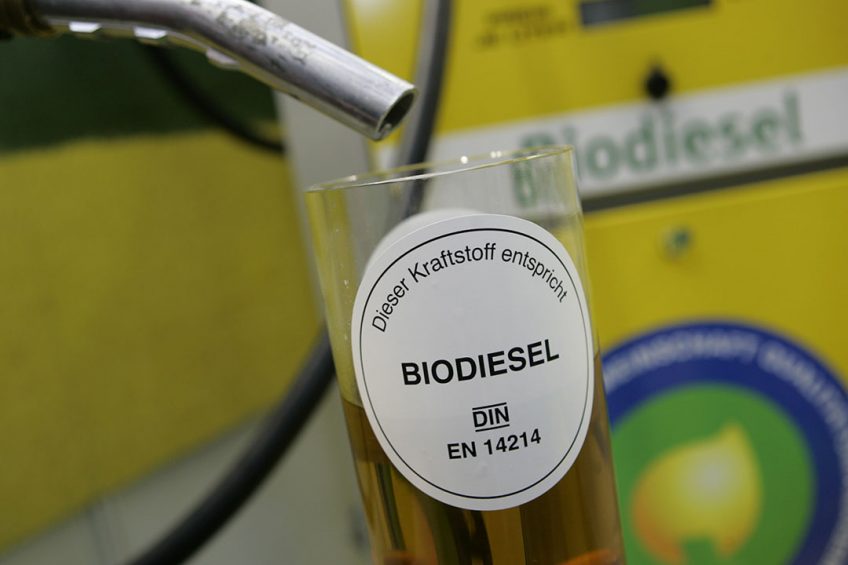Poultry bones turned into green fuel

Brazilian researchers are looking into the possibility to turn poultry bone waste into a green biodiesel via hydrogenation.
Embrapa Agroenergia (the Brazilian Agricultural Research Corporation) aims for the research to add value to farmers and mitigate greenhouse gas emissions.
The project, carried out in cooperation with the Haka Bioprocessos company, will define the chemical components of the bio-oil to start pre-treatment, hydrogenation, and finally produce the poultry bone fuel, the final product.
Itânia Soares, who leads the research team at Embrapa, says the project will run for 2 years with the goal of developing a similar composition to regular petroleum diesel oil. Their goal is to add value to this raw material. “We will use the hydrogenation process to generate paraffinic hydrocarbons with properties similar to diesel from fossil sources, as they present greater stability and calorific value,’ explains Soares. The hydrogenation process is similar to another Embrapa Agroenergia project with palm oil, which is known for its high acidity. “We think the project is quite visionary because it can add value to a waste product and find a new, sustainable solution for the Brazilian energy matrix,” says Soares.
 Sustainability and Welfare
Sustainability and Welfare
Going hand-in-hand with sustainable livestock production is a focus on welfare and behavioural physiology of the animals.
Green diesel
Green diesel, defined as renewable fuel for diesel cycle combustion engines produced from renewable raw materials, is not yet included in the Brazilian energy matrix. Pending regulation for commercialisation in Brazil, green diesel could be added to regular diesel, which is legally already composed of 12% biodiesel. “This project will create a long-term legacy for Brazilian agribusiness. We expect to take this technology to the main producers of animal protein, such as Europe and the USA,” says Cyro Calixto, founder and CEO of Haka Bioprocessos. The Brazilian National Biofuels Policy (RenovaBio) aims to expand the usage of biofuels in the country’s energy matrix to include energy security, several biofuel supplies and the mitigation of greenhouse gas emissions.













